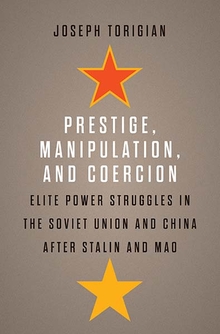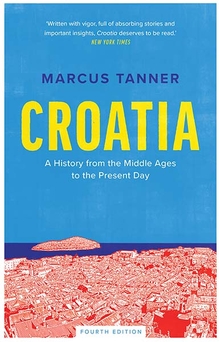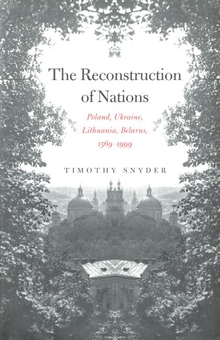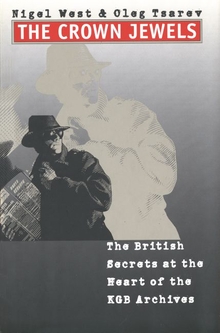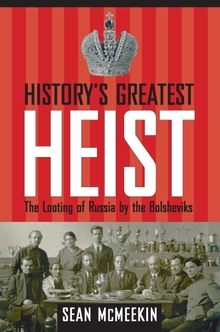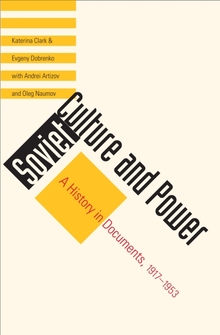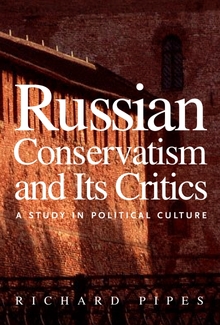Prestige, Manipulation, and Coercion
WARNING
You are viewing an older version of the Yalebooks website. Please visit out new website with more updated information and a better user experience: https://www.yalebooks.com
Elite Power Struggles in the Soviet Union and China after Stalin and Mao
Joseph Torigian
How succession in authoritarian regimes was less a competition of visions for the future and more a settling of scores
“Joseph Torigian’s stellar research and personal interviews have produced a brilliant, meticulous study. It fundamentally undermines what political scientists have presumed to be the way Chinese Communist and Soviet politics operate.”—Dorothy J. Solinger, University of California, Irvine
The political successions in the Soviet Union and China after Stalin and Mao, respectively, are often explained as triumphs of inner‑party democracy, leading to a victory of “reformers” over “conservatives” or “radicals.” In traditional thinking, Leninist institutions provide competitors a mechanism for debating policy and making promises, stipulate rules for leadership selection, and prevent the military and secret police from playing a coercive role. Here, Joseph Torigian argues that the post-cult of personality power struggles in history’s two greatest Leninist regimes were instead shaped by the politics of personal prestige, historical antagonisms, backhanded political maneuvering, and violence. Mining newly discovered material from Russia and China, Torigian challenges the established historiography and suggests a new way of thinking about the nature of power in authoritarian regimes.
Joseph Torigian is an assistant professor at the School of International Service at American University and a Global Fellow at the Woodrow Wilson Center’s History and Public Policy Program.
Publication Date: May 10, 2022

